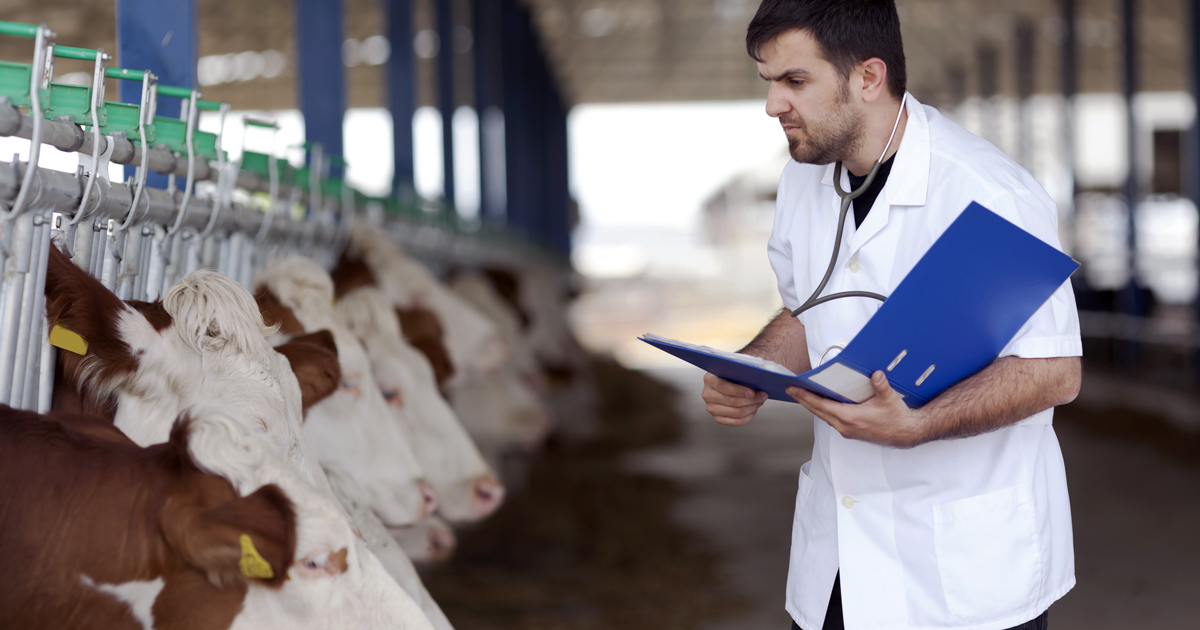Bovine spongiform encephalopathy, commonly known as “mad cow disease”, hit the news again after an isolated incident was reported in Aberdeenshire, Scotland.
In the 1990s, this disease resulted in the mass culling of hundreds of thousands of livestock, devastating the farming community and causing ripples throughout the British economy.
Soaring meat prices, a ban on UK beef exports and sizeable public concern arising from the last outbreak led to extensive media coverage on a topic many people not involved in the medical field rarely entertain.
Not all puppies and kittens
Although you might not think it, food safety and public health are two of the most vital roles vets perform for society.
I feel there’s a common misconception all vets are bound to the same path; when speaking to my uni friends about future careers, they never seem to assume I’ll end up anywhere other than small animal practice – and this may be true for the majority or veterinary graduates, at least those from the UK. Mixed practices are dwindling and veterinary food safety workers are predominantly sourced from overseas.
That aside, veterinary involvement in the food industry is vital in keeping the public safe. Meat having the stamp of approval by professionals trained in parasites and pathology gives the British public – as well as importing countries – confidence in our farmers and serves to strengthen our economy, and build up domestic farmers and their businesses.
Only the beginning
Within the meat industry, the job of a vet is not over once the animal is slaughtered – they are just as involved in death as in life. Zoonotic diseases and parasites can be spread between people and animals, and vets ensure these never reach your supermarket shelves.
At food crisis moments – such as the events that occurred over two decades ago – vets have two main responsibilities:
- A duty of care to those animals who must be put down with a delicate combination of haste and humanity.
- To work with farmers during the financial struggle they will most likely suffer following the loss of a large proportion of their livelihood.
For the many, not the few
Medical bills make up a substantial amount of costs when running a farm, and any vet going into the industry will quickly realise treating a herd animal is a far cry from treating a pet. They need to master the art of putting the needs of the herd over any individual.
Of course, what might be the greatest responsibility of any farm vet is to aid farmers in preventing further outbreaks. To pool the resources of all field areas – researchers, clinicians, food technicians and farm workers – to improve productivity and ensure the continued safety of the public.

Leave a Reply